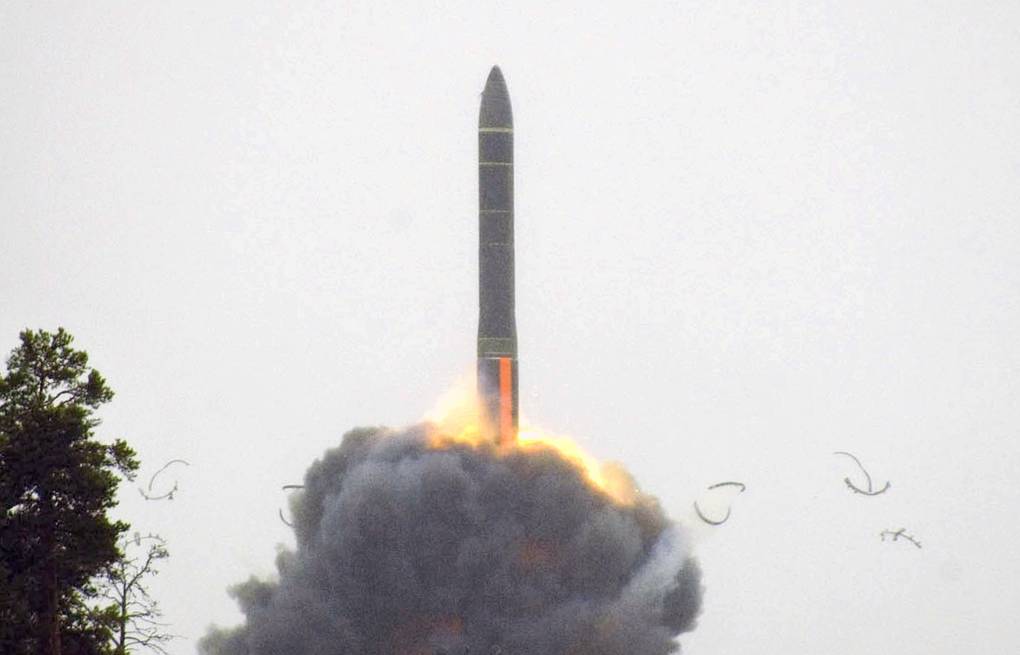Russia launched an intercontinental ballistic missile (ICBM) during an attack on Ukraine, marking the first reported use of such a strategic weapon in the 33-month-long conflict. The missile targeted infrastructure in the city of Dnipro, Ukraine’s air force announced on Thursday. The ICBM type and warhead remain unspecified, and there is no indication it carried a nuclear payload.
This escalation follows Ukraine’s recent use of U.S. ATACMS and British Storm Shadow missiles to strike targets inside Russia; actions Moscow warned could lead to significant retaliation.
According to Reuters, the ICBM, reportedly an RS-26 Rubezh with a 5,800 km range, was launched from Russia’s Astrakhan region. Ukrainian officials stated that the attack damaged an industrial site in Dnipro, causing fires and injuring two people.
Russia’s use of an ICBM in a conventional attack raises questions about its military rationale given the weapon’s high cost and designed role in delivering nuclear warheads. Security experts consider the event unprecedented in military history.
NATO and the U.S. have yet to comment on whether advance notification of the launch was provided. Analysts warn that failure to notify could risk misinterpretation and unintended escalation.
This development coincides with heightened tensions, as Russian President Vladimir Putin recently lowered the threshold for nuclear strikes in response to conventional attacks. Kyiv maintains its strikes on Russian territory are necessary for self-defense.



